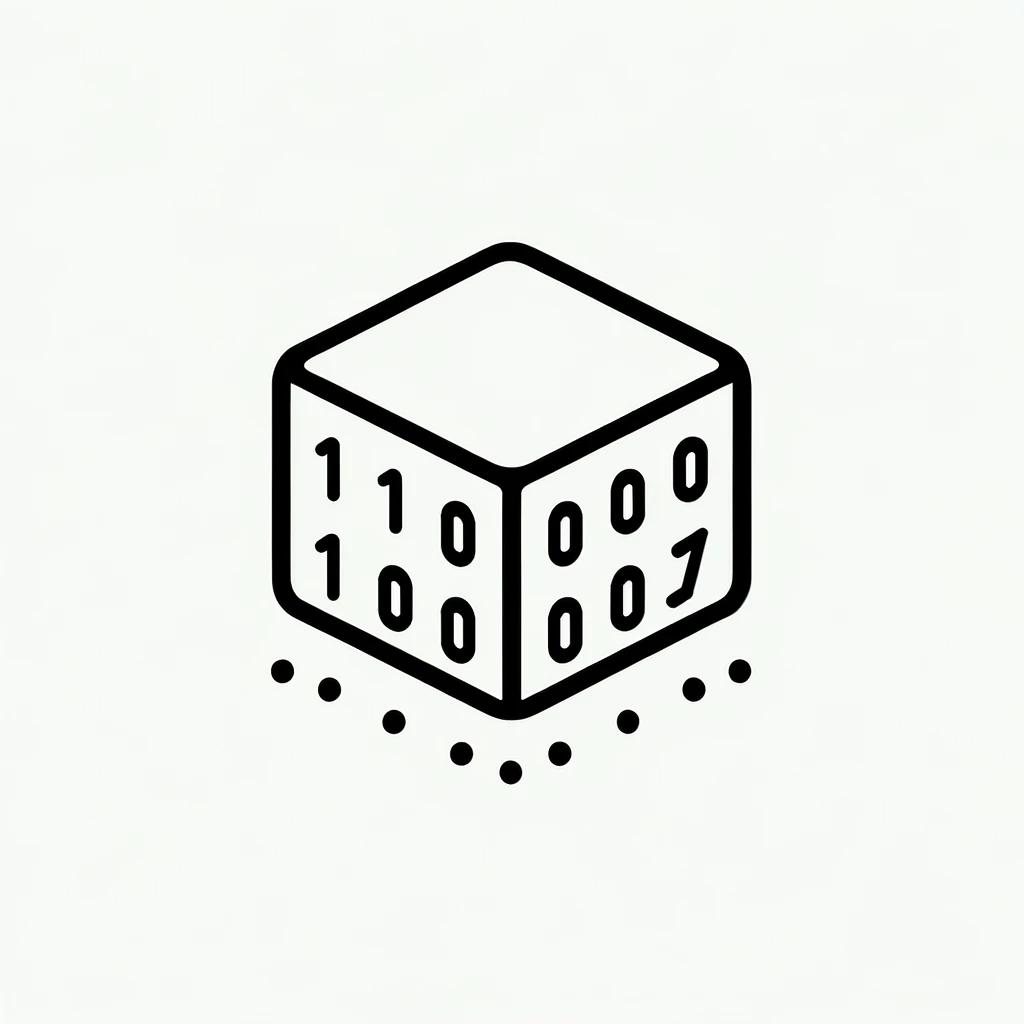Key Decisions in Java Development: JSONObject vs Map and Their Common Mistakes
2023-12-04 | by reerr.com

Introduction:
In the world of Java programming, efficiently storing and managing data is of utmost importance. Two primary tools used for this purpose are JSONObject and Map. These two structures have different characteristics and uses, and using them correctly is essential for Java developers. However, understanding the mistakes that can occur while using them is also crucial. In this article, we will delve into the basic differences between JSONObject and Map and explore the common mistakes associated with them in detail.
Main Body:
1. Fundamental Differences Between JSONObject and Map
JSONObject:
JSONObjectis a class designed for storing and processing JSON data. It enables the use of JSON objects in Java language and is included in theorg.jsonlibrary.- The primary use of
JSONObjectis parsing JSON data or generating JSON format strings. This is especially useful when dealing with web API communications or configuration files. JSONObjectuses string-based keys and can hold various data types as values (such as strings, numbers, JSONArray, JSONObject, etc.). Map:Mapis part of the Java Collection Framework and is a data structure that stores key-value pairs. It has various implementations, such asHashMapandTreeMap.- The main purpose of
Mapis to store and manage different types of data as key-value pairs. This is utilized in various scenarios like database query results, application settings, etc. Mapallows specifying the types of keys and values using generics, and any object can be used as a key or value.
2. Common Mistakes When Using JSONObject
- Duplicate Key Names: In JSON, each key must be unique. Using the same key name multiple times can lead to overwriting the previous value with the new one.
- Handling Null Values: Caution is needed when inserting
nullvalues intoJSONObject. It is advisable to useJSONObject.NULLfor explicitly handling null values. - Data Type Confusion: While JSON objects support various data types, errors can occur when trying to insert data of the wrong type.
- Date and Time Format: There is no explicit date and time type defined in the JSON standard. Typically, it is best to convert dates and times to ISO 8601 format strings.
- Serialization of Complex Objects: Issues can arise when serializing complex Java objects into
JSONObject. It’s better to use libraries for converting them into JSON strings. - Missing Exception Handling: Methods in
JSONObjectcan often throwJSONException. Implementing proper exception handling is crucial. - Missing Escaping Handling: When inserting string data into JSON, special characters need to be escaped.
- Ignoring Formatting: When converting JSON objects to strings, applying formatting (indentation, line breaks, etc.) enhances readability.
3. Common Mistakes When Using Map
- Use of Null Keys or Values: Certain
Mapimplementations may not allownullkeys or values. - Duplicate Keys: Inserting the same key again in
Mapwill overwrite the previous value. - Concurrent Modification Error: Modifying the contents of a
Mapwhile iterating can lead toConcurrentModificationException. - Incorrect Key or Value Types: Using the wrong type of keys or values with generics can result in a
ClassCastException. - Key Equality Errors: Unexpected behavior can occur if the objects used as keys in
Mapdo not properly override theequalsandhashCodemethods. - Performance Issues: Choosing the wrong
Mapimplementation can negatively impact performance. - Security Issues: Using user input directly as keys in
Mapcan lead tohashCodecollisions and performance degradation. - Missing Exception Handling: The
getmethod returnsnullif the key does not exist. Incorrect handling of this can lead toNullPointerException.
Conclusion:JSONObject and Map are incredibly useful tools in Java development. However, it is important to be aware of the various mistakes that can occur while using them. This article has provided an understanding of the differences between JSONObject and Map, and how to avoid the main mistakes associated with their use. With the right usage and careful coding practices, you can develop more efficient and stable Java applications.
RELATED POSTS
View all


